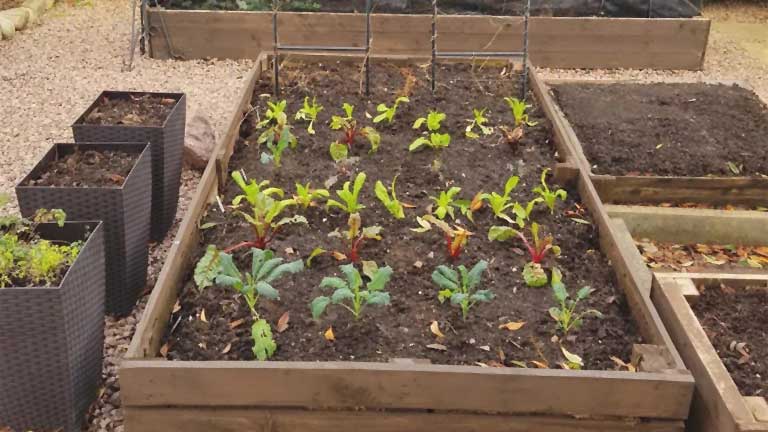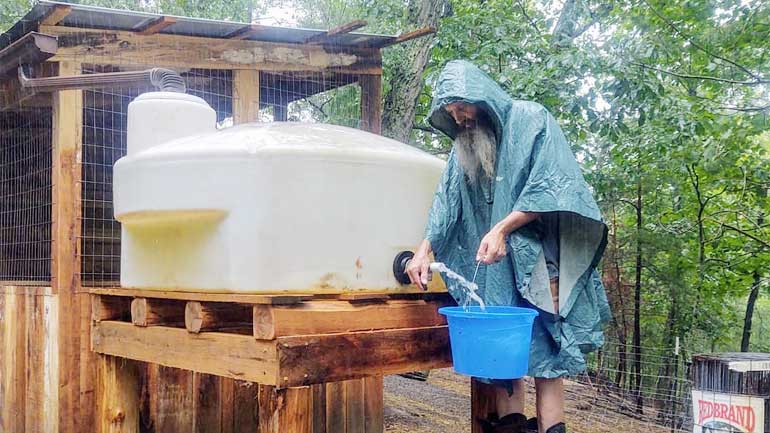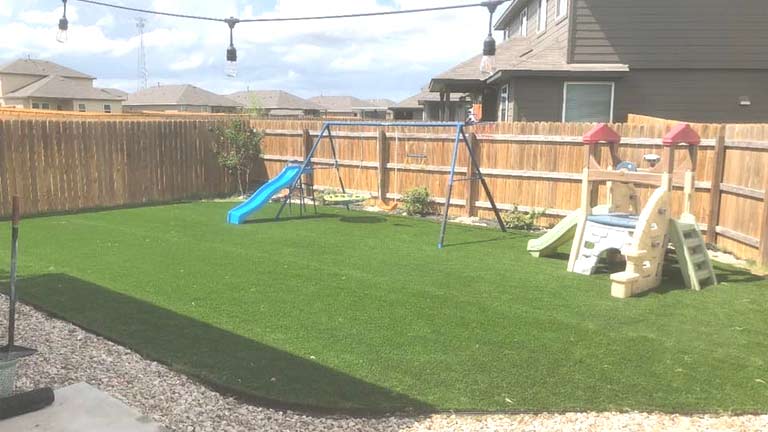
The right soil provides plants with a firm foundation, helps anchor roots, and offers the nutrients they need. Soil is a blend of organic matter and rock particles called humus.
Soil texture (sandy, clay, silt, or a combination of the three) affects water retention and nutrient-holding capacity. Add soil amendments to make your soil more nutrient-rich and less rocky, which will encourage healthy plant growth.
Organic Matter
Organic matter is an important element of healthy soil. Materials like grass clippings, compost, leaves, and worm castings are teeming with living and dying microorganisms that feed on the soil and add nutrients to it.
This microbial life can make your soil rich in minerals that plants need to grow. It also can improve the structure of your soil, allowing it to hold water for longer periods.
The best way to determine whether your garden soil needs amending is to test it. A soil test will reveal a variety of information about your soil, including its pH, macronutrient content, and mineral levels. This information can help you choose the right soil amendments for your plants and soil conditions.
Adding organic matter is the most effective way to improve your soil. It can loosen tight clay soils, improve drainage and aeration, release minerals, and increase the soil’s ability to retain moisture and nutrients.
It can also improve sandy soils by releasing more nutrients and making them less sticky and difficult to work in. Unlike other amendments, organic matter improves your soil without using up the valuable resources in the ground.
The amount of organic matter you need to use depends on the type of soil and plants you are growing. A soil test will help you determine what kind of organic matter your soil needs to be healthy.
If you are working with heavy clay or sandy soil, you may want to use more organic matter than in other soil types. The best way to know how much to use is to get a soil test and mix it up according to the results.
Nitrogen
Soil Amendments help improve a variety of soil properties including water retention, permeability, drainage, aeration, and structure. Whether you’re growing vegetables or flowers, adding the right amendments can greatly enhance your garden’s health and growth.
Before selecting the right soil amendment for your garden, it’s important to have a soil test performed on your garden. This will give you an idea of your soil’s pH, organic matter percentage, and general fertility.
Then you can decide which amendments will improve your garden’s quality and nutrient supply. For example, if your soil has a poor pH, you may be recommended to add lime to raise it.
When evaluating which amendments to add, it’s also important to consider the plant types you’re trying to grow. For example, some perennial or woody plants do best in amended soil that is at least 10 inches deep, while annual root crops benefit from soil that is worked into a soil depth of 12 to 18 inches.
Compost, peat moss, and manure are all excellent organic amendments. These can be produced in your own yard or purchased from nurseries and garden centers.
In addition, you can purchase worm castings to boost your soil’s beneficial microorganism population. These little critters help make nutrients available to plants by binding up soil particles into aggregates.
Lastly, you can add sand to your soil for improved drainage. Using coarse sand helps boost the soil’s aeration, which can help increase plant health.
Phosphorus
Phosphorus is one of the most important nutrients that plants require to grow strong roots, flowers, and fruit. It is also vital for the health of the soil.
A soil test is the best way to determine if your garden needs this nutrient. It will help you create the best amendments for your garden, and give your plants the nutrients they need to grow strong and healthy.
If your test shows that your soil is deficient in phosphorus, you can use a variety of fertilizers to improve nutrient levels. Some of the most common options include bone meal, fish meal, and rock phosphate.
Bone meal is a traditional organic fertilizer that boosts phosphorus levels in your soil. It is made from steamed animal bones, and it adds both phosphorus and calcium to your garden.
It is easy to apply and will make your soil healthier. You can find it in most gardening supplies stores.
Green manure is a type of compost that can be added to your garden to provide an extra boost of phosphorus. This can be a good way to get started on improving your soil, but it is important to find the right compost for your garden.
Another option for phosphorus is CalPhos, a slow-release form of phosphorus that is bound tightly to the soil particles. It can be used in acidic soil, but it will take time for the phosphorus to release into your soil. It is most effective when mixed with acidic compost or beneficial microbes, such as mycorrhizae.
It is recommended that you only apply a small amount of this dry fertilizer, and make sure to wear gloves and eye protection. It can irritate your skin and lungs, so it is important to be cautious with this type of fertilizer.
Potash
The best soil amendment for your garden is one that both aerates the soil and supplies essential nutrients to plants. Organic material, such as compost and peat moss, is often the most effective way to improve soil texture and increase nutrient availability.
For example, compost is a great way to improve the structure of sandy soil by retaining water and correcting clay soils by making them looser so that air, roots, and water can penetrate more easily. Compost is also an inexpensive way to add nutrients to the soil without a chemical fertilizer.
Adding a small amount of phosphorus and potassium is a great way to help your plants grow strong. Phosphorus is a mineral that encourages flower bloom and root growth while potassium helps plants fight diseases and take in other important nutrients.
Potassium can be found in several organic sources and is usually combined with either sulfate or chloride in fertilizers. A professional soil test will tell you which nutrient deficiencies your soil needs, and which amendments can be used to correct them.
In addition to phosphorus and potassium, soil tests can also indicate whether you need to add sulfur or calcium. Soil testing is a quick and simple way to learn what your soil needs to grow healthy and beautiful plants.
When selecting a natural organic fertilizer, be sure to choose one that contains the right balance of nitrogen, phosphorus, and potassium. Using too much of any one nutrient can be harmful to your crops and may contaminate water sources, especially lakes or streams.
Another option to increase nutrient levels is to incorporate a one to two-inch layer of compost or other organic matter into the top six to eight inches of soil. This practice will gradually and sustainably improve your soil’s nutrient levels and reduce the risk of excessive salinity.
Sulfur
Sulfur is a great soil amendment for many gardens because it can help reduce the pH level of soil and repair nutrient deficiency. Sulfur is a vital element for plants because it helps them absorb light energy, improves growth rates, and increases resistance to pests and diseases.
Sulfur can be added to the garden in a variety of ways, including compost or a sulfur-specific fertilizer. You can also add it to the water used in your garden to condition the soil and lower its acidity.
If you choose to add sulfur to your garden, be sure to test the soil first for pH levels. Soil pH is a critical factor for healthy plant growth because it affects how nutrients are absorbed by the roots through the water they take up.
The majority of plants thrive in soil with a neutral pH level of six and a half to seven. But some, such as blueberries, require an acidic environment.
You can create soil with a more acidic pH by adding sulfur to the garden well before you plant it. This will allow the microbes that break down the sulfur to convert it into a form that can be absorbed by plants.
When the microbes convert the sulfur, it forms a molecule of sulfuric acid that lowers the pH. This is a biological process that requires several weeks before it begins to work.
Once the bacterial process has been completed, it is safe to use the sulfur to grow your plants in your garden. However, be careful not to over-apply the sulfur because this can lead to a buildup of soluble salts in the soil that may damage the plants.




